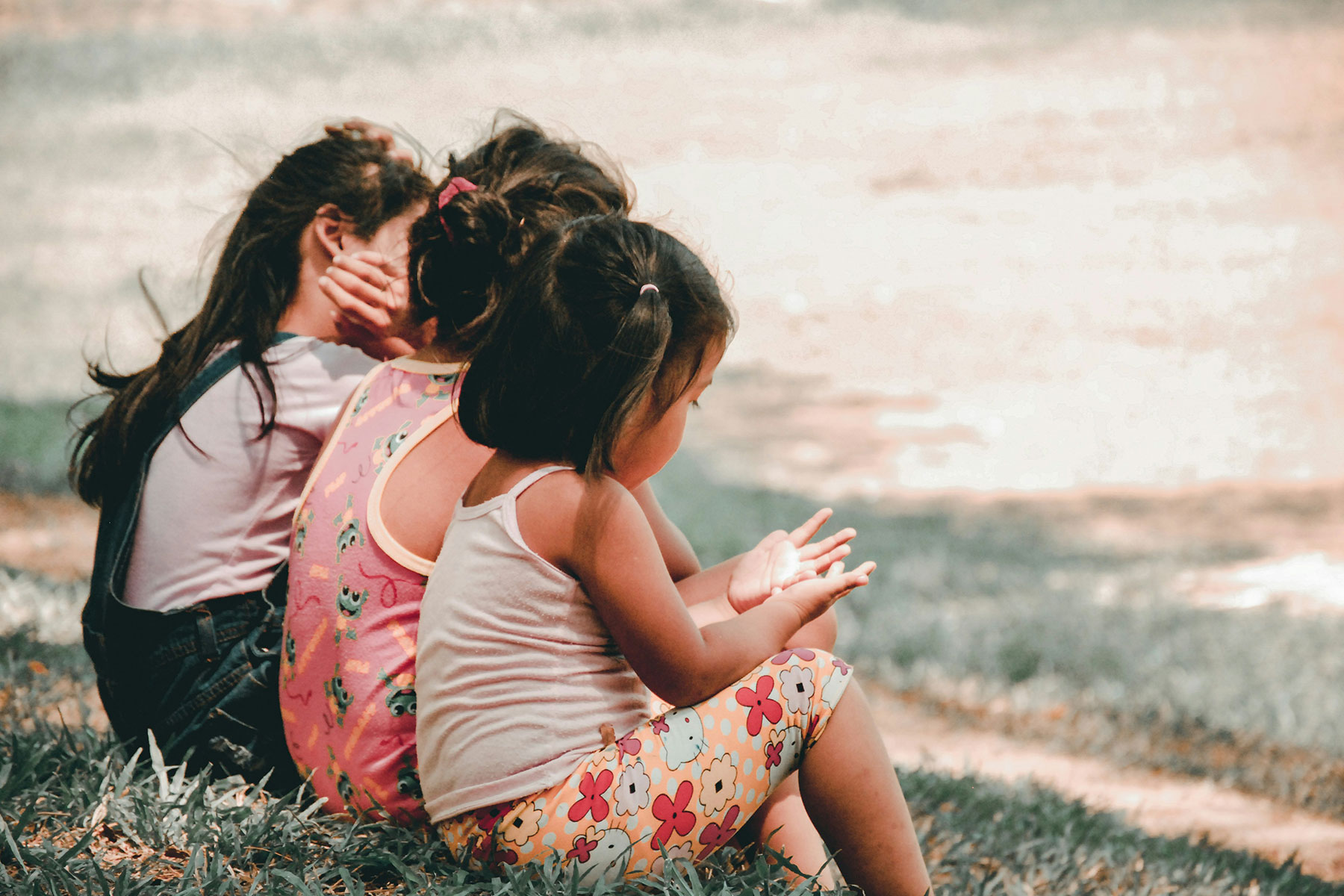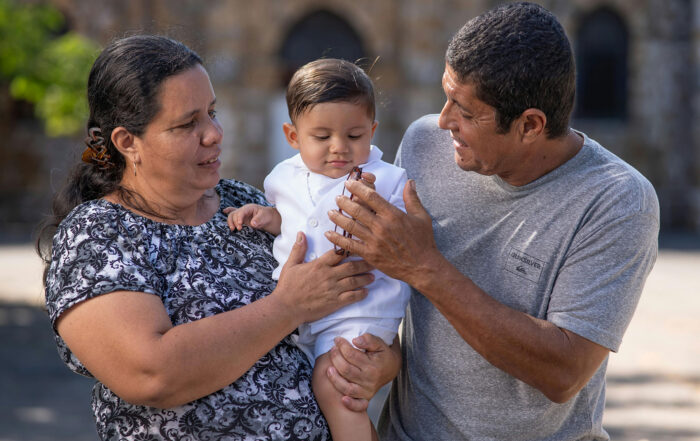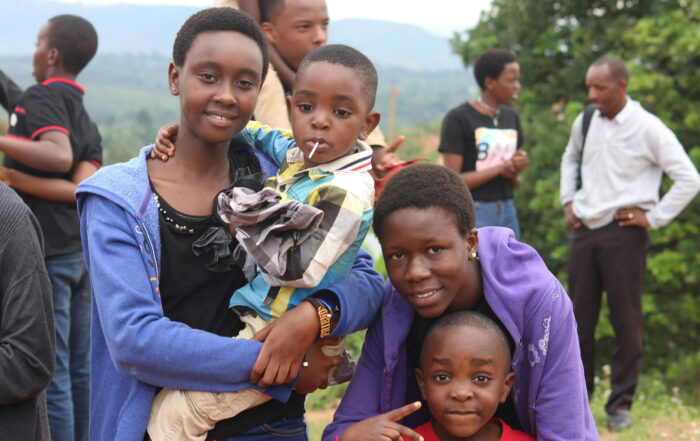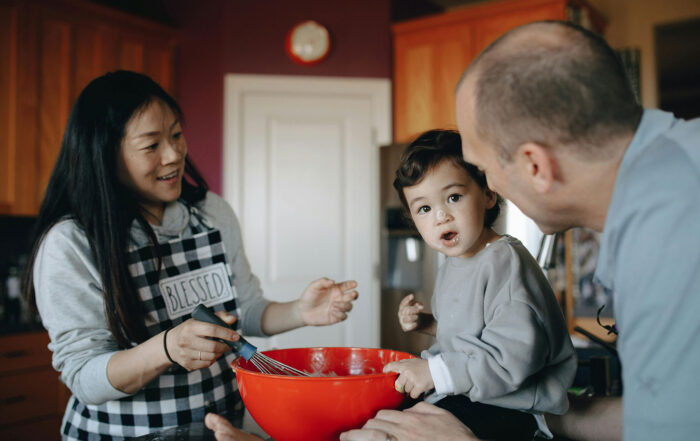
By Maureen V. Kilrain, MS, PA-C
Child neglect and abuse are perhaps the most significant community health challenge in the United States. Mental health experts in trauma continue to investigate and apply a condition known as developmental trauma disorder (DTD), which is characterized by permanent changes in the neurobiologic system of children and adolescents who have been chronically exposed to various types of maltreatment during sensitive periods of childhood development. It is believed that a specific criterion is urgently needed to improve recognition of the unique profile DTD victims encompass and to avoid misdiagnosis or confusion with other psychological syndromes, such as posttraumatic stress disorder (PTSD).
In addition, the effects of DTD continue in adulthood and tend to correlate with multiple health problems. Medical providers may consider DTD an underlying cause of several conditions, including depression, anxiety, attention-deficit disorder (ADD), borderline personality disorder (BPD), chronic pain or fatigue, various addictions, and eating disorders. During clinical assessment, identifying a history of childhood trauma may broaden therapeutic choices and improve patient outcomes.
Share This Post!
How Trauma Affects Kids in School
By Caroline Miller We tend to think of trauma as the result of a frightening and upsetting event. But many children experience trauma through ongoing exposure, throughout their early development, to [...]
10 Things About Childhood Trauma Every Teacher Needs to Know
By Starr Commonwealth With grief, sadness is obvious. With trauma, the symptoms can go largely unrecognized because it shows up looking like other problems: frustration; acting out; difficulty concentrating, following directions, or [...]
Music Therapy Addresses Trauma – Careers That Change Lives
By Barbra Weidlein Trauma settings Music therapists have been called upon to support the recovery of individuals and communities following horrific events as well as natural disasters. Settings have included New [...]
Healing from Childhood Trauma
By: E.B. Johnson When you experience childhood trauma, your life and your soul are altered forever. Those who suffer loss, abuse or neglect early-on in life can often suffer from serious psychological and [...]
The Effects of Childhood Trauma
By Amy Morin, LCSW Although adults often say things like, “He was so young when that happened. He won’t even remember it as an adult,” childhood trauma can have a lifelong [...]
Oprah Reports on Childhood Trauma with Dr. Bruce Perry
By Amanda Merck Oprah Winfrey is raising awareness about childhood trauma and the need for trauma-informed care. Childhood trauma—like abuse, neglect, and poverty—changes a child’s brain, body and behavior. Behavior is often [...]







